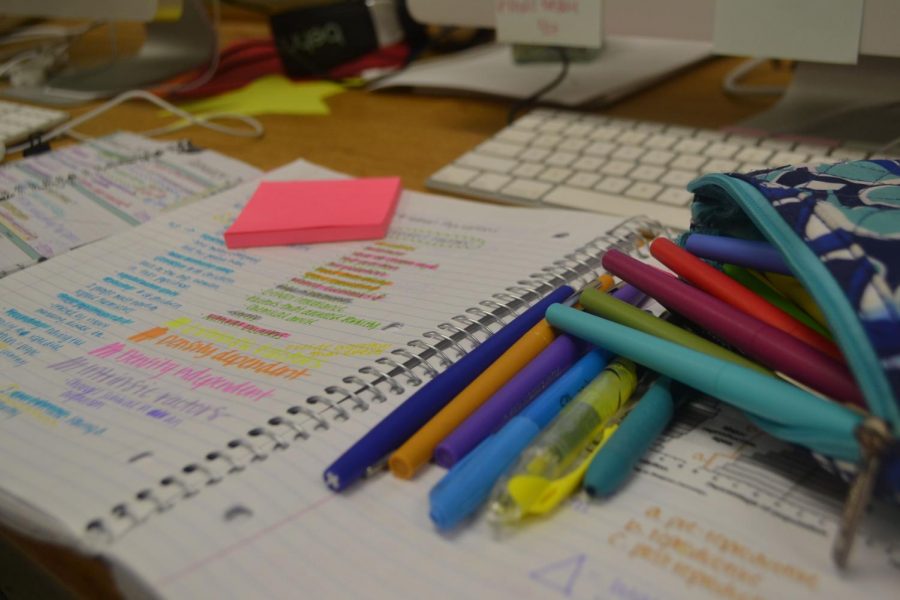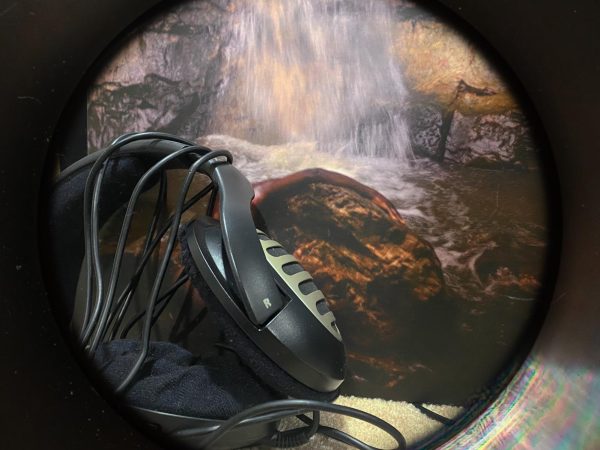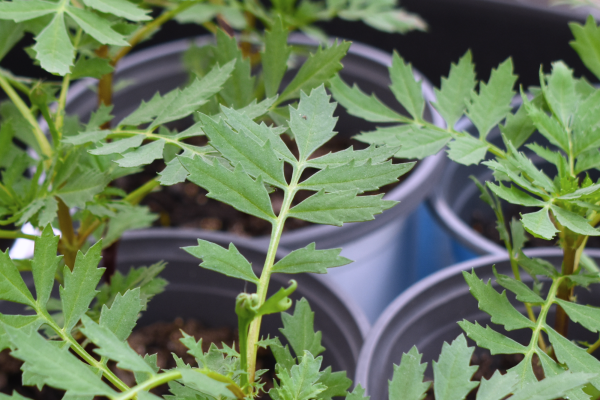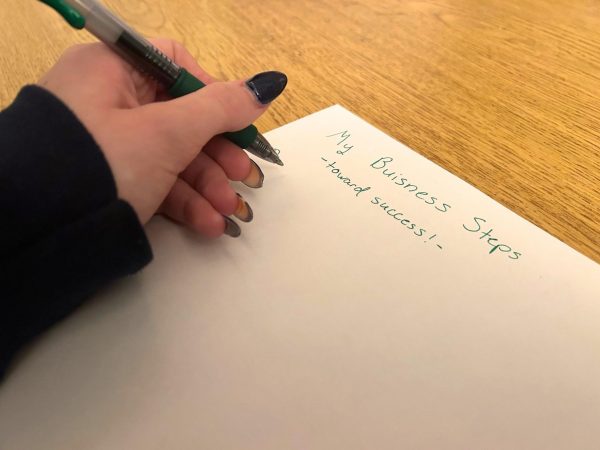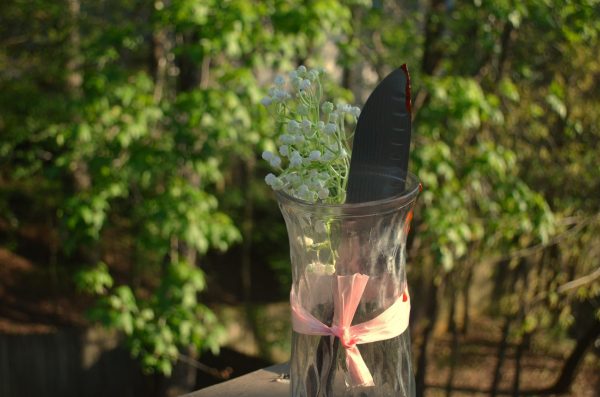Sick of messiness? Try organization!
In order for students to become more organized, students should separate each classes assignments and handouts to avoid confusion. Students can achieve organization simply by not stuffing all of their papers into one folder.
February 14, 2018
Stuffing random papers into backpacks, rummaging for pencils, and forgetting important deadlines all lead to one inevitable: stress. After students spend the majority of their studying time searching for lost forms or worksheets, organization seems like the only solution to stress.
Twelve-month calendars, one of the most essential tools in organization, help students immediately become more organized. Calendars allow for students to mark important dates like homework, tests, and work days in an instant. Carrying around an eight inch calendar, daily planner, or utilizing the free calendar app on smartphones would relieve the stress of constantly trying to memorize schedules.
“Once you write it down, you don’t have to keep it in your head that you have to do it, so I think that part of the problems of people who aren’t organized is that they’re trying to keep too much in their head and they can’t remember everything their going to do,” AP Language and Composition teacher Cathie Lawson said.
If students can use alarms to wake up in the morning, students can also set alarms or reminders for school activities. If they take ten minutes to look at a schedule and set reminders in their phone for all their events, then the student would not need to stress constantly over trying to remember every detail of their day; they would simply receive a notification on their phone about what happens next in their day.
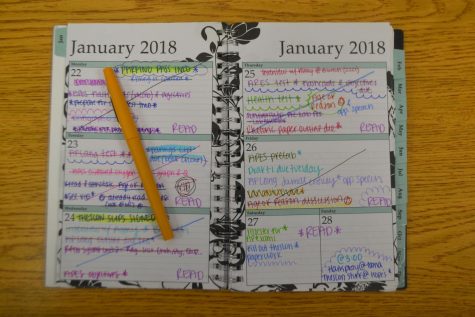
Once students begin using a calendar, students can easily keep track of upcoming events and due dates. By avoiding late papers and late arrivals to important events, student success will increasing tremendously.
“I think any student who says that he will remember a homework assignment without writing it down is fooling himself, and that’s why I also say take a picture [of the homework], but they have to actually look at it for that to work,” Lawson said.
Students dread the thought of sitting through a class period that consists purely of copying word for word what the teacher says, so why not make note-taking more interesting? Color can impact how students absorb information from teachers. If a student took notes in all black pen, that student would most likely not pay much attention to their notes, so using color can increase a student’s academic achievement.
Students should also keep up with their papers and notes in a way that best suits them. Although it increases chances of messiness, a number of students write on individual pieces of looseleaf paper while taking notes. This strategy works for individuals who use binders, but other students find that binders lead to papers stuffed inside the front pocket. Teachers, like Julie Hopp, recommend that students use a large notebook with tabs and sticky notes for organization of notes and assignments for her Anatomy and AP environmental science classes.
“Mrs. Hopp’s notebook idea helps me a lot in APES. She gives us time to organize our notes and glue everything in so we don’t lose any handouts,” junior Bryson Jeans said.
Organization depends mainly on the willingness of a student. Scatterbrained students thrive in a world of messy folders and stuffed binders, but rarely does an organized student fall behind like an unorganized student would. Organization, the key to student success, could make or break your academic achievement.




